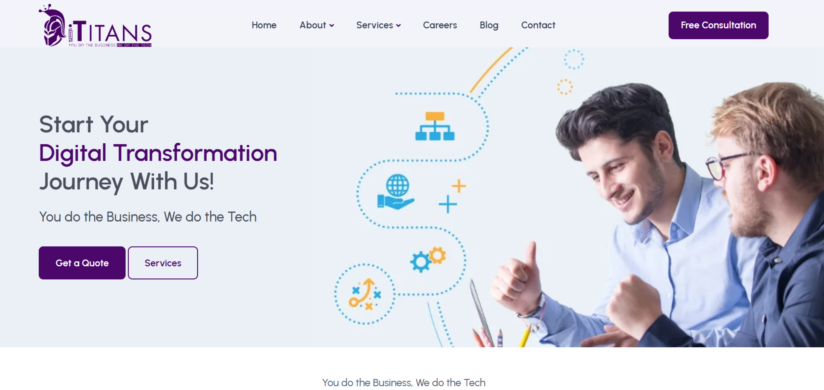blog address: https://gts.ai/
keywords: data collection company
member since: Aug 16, 2024 | Viewed: 162
The Rise and Role of a Data Collection Company in Modern Business
Category: Technology
In today's digital age, data has become one of the most valuable assets for businesses across various industries. As organisations strive to make data-driven decisions, the demand for precise and extensive data collection has surged. Enter the data collection company—a pivotal player in the contemporary business landscape. What is a Data Collection Company? A data collection company specialises in gathering, processing, and analysing data from diverse sources to provide actionable insights for businesses. These companies employ various methods and technologies to collect data, ranging from traditional surveys and interviews to advanced techniques such as web scraping, social media monitoring, and sensor data acquisition. Why Businesses Rely on Data Collection Companies Expertise and Accuracy: Data collection companies are equipped with specialised skills and tools to gather accurate and reliable data. Their expertise ensures that the data collected is of high quality and relevant to the business's needs. Time and Cost Efficiency: Outsourcing data collection allows businesses to save time and resources. Instead of investing in in-house data collection teams and infrastructure, companies can rely on the proficiency of data collection firms. Access to Advanced Tools and Technologies: Data collection companies utilise the latest technologies and methodologies to capture and analyse data. This access to advanced tools helps in obtaining more detailed and comprehensive datasets. Scalability: These companies can scale their operations to handle large volumes of data, making them ideal partners for businesses of all sizes, from startups to large enterprises. Applications of Data Collected Data collected by these companies can be used in various applications, including: Market Research: Understanding market trends, consumer behaviour, and competitor analysis to make informed business decisions. Customer Insights: Gaining deeper insights into customer preferences, feedback, and satisfaction levels to enhance product and service offerings. Operational Efficiency: Analysing operational data to identify inefficiencies, optimise processes, and reduce costs. Risk Management: Identifying potential risks and vulnerabilities through data analysis to implement effective risk mitigation strategies. Product Development: Using data-driven insights to guide product design, development, and innovation. Challenges in Data Collection Despite the advantages, data collection companies face several challenges: Data Privacy and Security: Ensuring the confidentiality and security of the collected data to comply with regulations and protect against breaches. Data Quality: Maintaining high data quality by avoiding errors, biases, and inconsistencies. Integration and Compatibility: Integrating data from multiple sources and ensuring compatibility with existing systems. The Future of Data Collection As technology continues to evolve, the future of data collection looks promising. The integration of artificial intelligence, machine learning, and big data analytics will further enhance the capabilities of data collection companies. These advancements will enable more accurate predictions, real-time data processing, and personalised insights. Conclusion In an era where data drives decision-making, the role of a data collection company is more crucial than ever. By providing businesses with accurate, comprehensive, and actionable data, these companies empower organisations to stay competitive, innovate, and achieve their goals. As the demand for data continues to grow, so too will the importance of data collection companies in the modern business ecosystem.
{ More Related Blogs }
Technology
iTitans | You do the Business,...
Jan 27, 2025
Technology
GDS System...
May 17, 2024
Technology
MobileComm Launches Its Improv...
Feb 19, 2016
Technology
Bdprime-it...
Jan 5, 2015
Technology
tech4more...
Mar 19, 2015
Technology
Medical Grade Monitors & Touch...
Apr 18, 2022




